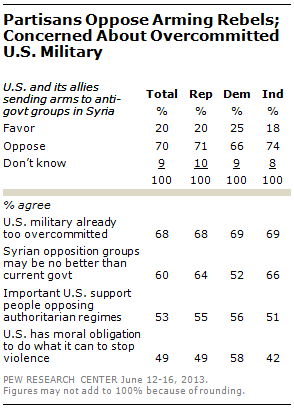Investigative reporter and author, Michael Hasting died in Los Angeles, CA. His death in single vehicle car crash has shocked his friends, colleagues and those of us who admired his work. His article in Rolling Stone, The Runaway General which profiled US Army general Stanley McChrystal, then commander of NATO’s International Security Assistance Force in the war in Afghanistan. It was Michael’s report on the remarks by McChrystal’s staff that were overtly critical and contemptuous of White House staff and other civilian officials that ended with McChrystal being relieved of command by President Barack Obama.
Michael said in a Today Show interview with Matt Lauer, “I did not think Gen. McChrystal would be fired. In fact, I thought his position was basically untouchable, I thought it would give them a headache for maybe 72 hours.”
It put Michael on all our maps.
Amy Goodman has a look back Michael’s interviews on Democracy Now!
Here are two of the many tributes at Rolling Stone and BuzzFeed where Michael was a contributor, followed by Rachel Maddow’s tribute, who met Michael when she was working for Air America Radio.
Michael Hastings, ‘Rolling Stone’ Contributor, Dead at 33
by Tim Dickinson, Rolling Stone
For Hastings, there was no romance to America’s misbegotten wars in Afghanistan and Iraq. He had felt the horror of war first-hand: While covering the Iraq war for Newsweek in early 2007, his then-fianceé, an aide worker, was killed in a Baghdad car bombing. Hastings memorialized that relationship in his first book, I Lost My Love in Baghdad: A Modern War Story.
A contributing editor to Rolling Stone, Hastings leaves behind a remarkable legacy of reporting, including an exposé of America’s drone war, an exclusive interview with WikiLeaks founder Julian Assange at his hideout in the English countryside, an investigation into the Army’s illicit use of “psychological operations” to influence sitting Senators and a profile of Taliban captive Bowe Bergdahl, “America’s Last Prisoner of War.”
Matt Farwell is a veteran of the Afghanistan war who worked as a co-reporter with Hastings on some of his recent pieces. He sent this eulogy to Rolling Stone: “My friend Michael Hastings died last night in a car crash in Los Angeles. Writing this feels almost ghoulish: I still haven’t processed the fact that he’s gone. Today we all feel that loss: whether we’re friends of Michael’s, or family, or colleagues or readers, the world has gotten a bit smaller. As a journalist, he specialized in speaking truth to power and laying it all out there. He was irascible in his reporting and sometimes/often/always infuriating in his writing: he lit a bright lamp for those who wanted to follow his example.
Missing Michael Hastings
by Ben Smith, BuzzFeed
Michael Hastings was really only interested in writing stories someone didn’t want him to write – often his subjects; occasionally his editor. While there is no template for a great reporter, he was one for reasons that were intrinsic to who he was: ambitious, skeptical of power and conventional wisdom, and incredibly brave. And he was warm and honest in a way that left him many unlikely friends among people you’d expect to hate him. [..]
Some of that was Michael’s warmth, charm, and charisma. Some of it, I think, was the opposite: His anger and fearlessness made working with him, or against him, something more than the usual journalistic transaction. There’s a relief in dealing with someone and knowing where he stands.
In a way, Michael was born too late: He wrote with the sort of commitment of the generation of reporters shaped by the government’s lies about Vietnam, not by the triumphalism of the 1990s or the reflexive patriotism of the years after 9/11. He was surer than most of us that power is, presumptively, not to be trusted. Writers of his courage and talent are so rare, and he was taken way too soon. There are few like him. We will miss him terribly.
I wrote an article recently about Pres. Obama’s defense of his secretive drone war that featured Michael’s appearance on the Up with Steve Kornacki panel. I re-watched those videos last night admiring how forceful and accurate Michael was in his criticism.
Michael, you will be so missed.


Recent Comments